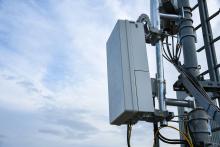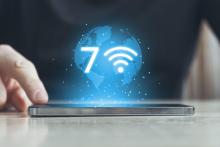Today we're dabbling in the grid's early stages, with hotspots as a key element. Despite many potential obstacles, we expect their role to become increasingly important to organizations during the next several years, with benefits reaped by individuals and organizations that learn how to tap the hotspots' inherent potential.
Readers polled for this article were nearly evenly split between those who had never used a hotspot service and those who had. More than three-quarters of respondents carry a notebook computer while traveling, and about 60 percent work in environments where central IT has implemented pilot or production internal WLAN services. This admittedly techie-weighted sample provided some interesting insights about hotspots:
The venues considered most important for coverage are hotels, convention centers, airports and libraries. Convenience stores, gas/service stations and urban parks are viewed as least important. We found it interesting that even our relatively experienced respondents tend to identify conventional venues as most important, indicating service providers have been doing a good job of grabbing the low-hanging fruit.
About three-quarters of readers polled say a viable hotspot provider must offer coverage in at least 50 percent of the 100 largest U.S. cities, and about a third peg the threshold at above 75 percent.
Interestingly, though major cellular providers like T-Mobile hope availability of hotspots will drive increased demand for conventional voice services, almost 75 percent of respondents do not feel it is important to receive hotspot services from a cellular company with which they have an existing business relationship.
Gric Communications and iPass, which bundle wireless and dial-up services, will be pleased to hear that about 60 percent of our respondents say bundling is important.








